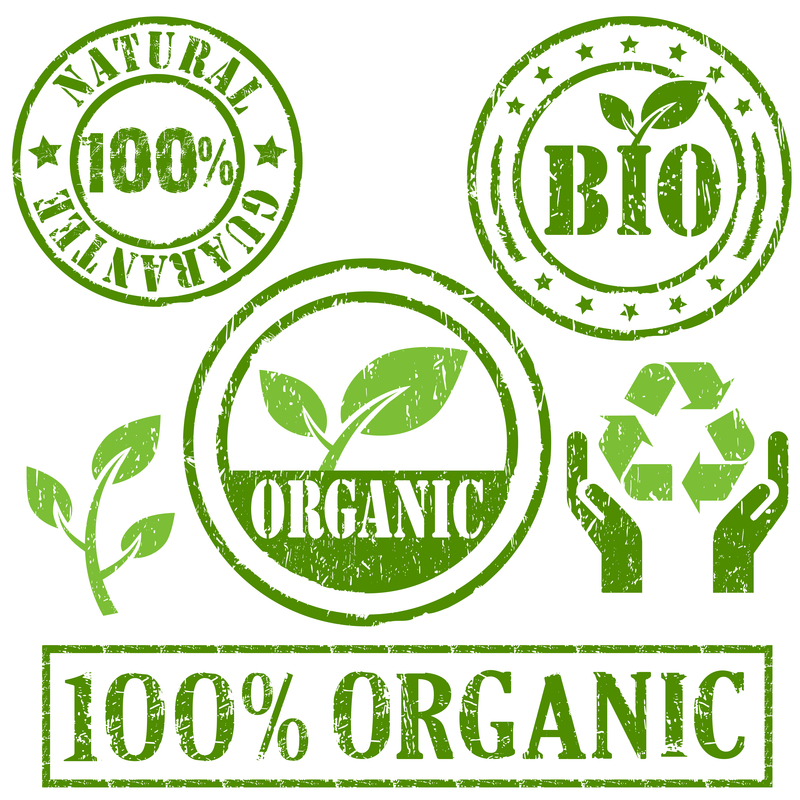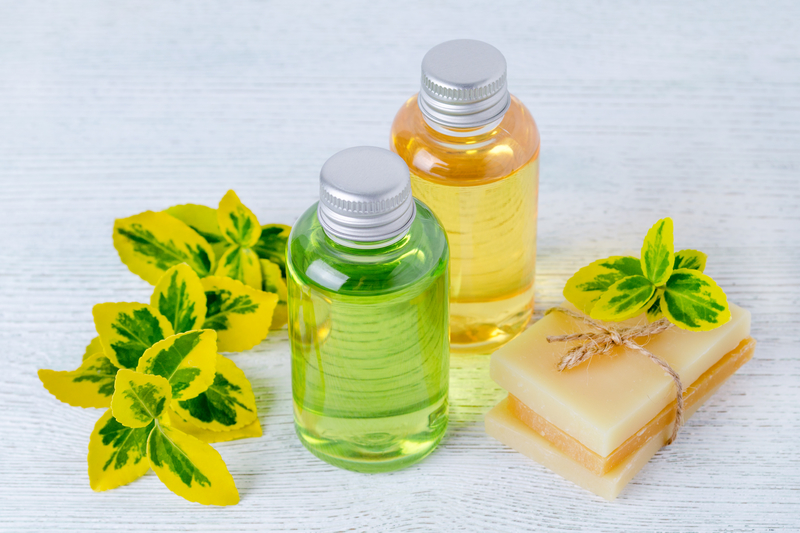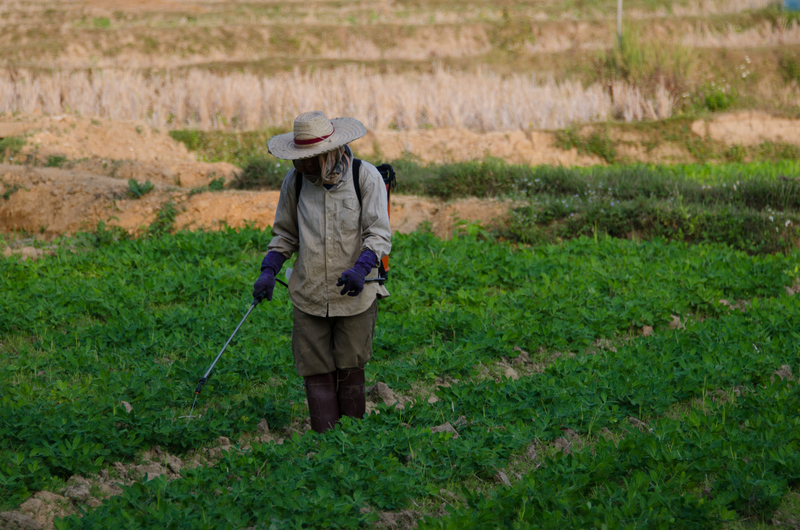
Using organic products has become popular, but confusion of the benefits and claims of using all-natural products may be a deterrent from going organic. There is too much conflicting information to convince someone that all-natural is the way to go. While some claim organic food is more nutritious, others state that is has no benefit nutritionally. One interesting study shows that changing to organic products is safer for all biodiversity.

What does “organic” mean?
Organic is referred to the way products are grown and processed, producing products in the most natural way possible. The USDA states that the goal of organic foods and organic farming is to “integrate cultural, biological, and mechanical practices that foster cycling of resources, promote ecological balance, and conserve biodiversity.” For something to be organic, the contents should be 95% or more certified organic. This means that the product must be free of synthetic additives like pesticides, chemical fertilizers, and dyes, and must not be processed using industrial solvents, irradiation, or genetic engineering.

Some ways that product is altered is by using pesticides, antibiotics, fillers, or genetically enhancing crops. Studies show that GMOs and pesticides can cause cancer and other diseases. Other chemicals used include fungicides, herbicides, and added preservatives that helps to make the product last longer. Some fillers can be hard for the body to digest, or absorb properly,
which can steal or even eliminate vitamins and minerals from entering the body. Pesticides are designed to kill, so it seems crazy that we would eat or use a product that has been treated with a pesticide. Studies conducted on the use of pesticides show that there can be neurological problems, cancer, rashes, ADHD, birth defects, nausea, vomiting, infertility, allergies, asthma and many other issues.
Another important issue from applying non-organic products is the hormones and antibiotics sometimes used to either speed up production, or used in unhealthy environments to try and keep animals healthy. The problem for humans is that we eat what the animal has absorbed. This means that some of that hormone is now in our bodies, this can cause a hormonal imbalance in both men and women.
The issues that science is finding with antibiotics being used in products is that viruses adapt to antibiotics. The smarter the viruses become, the more antibiotics need to be used. Eventually we could end up with a super-virus that we will have no defense against. The more antibiotics that are used in products means there is a higher chance of humans ingesting it. Not only could there be a superbug that destroys animals, but a superbug could be passed on to humans as well.
The Benefits of Organic
Humans are not the only ones who benefit from going organic. Animals, soil, climate change, water quality, and even water usage gain benefits from organic products. What we spray into the air or onto our plants are inhaled into our lungs and seep into our soil. Studies show that soil that is organic has a higher organic carbon content, reduced soil erosion, and higher soil health and fertility parameters.
Organic food and products overall are better for your health. The largest advantages of organic products include:
Stronger more energetic bodies because no pesticides or processed additives are bogging down your system. No added chemicals give you a smaller risk of illness and disease.
It tastes better not having added fillers, chemicals and possible pesticides.
It can be cheaper because you could have lower medical bills, less missed time from work.
You may maintain a healthier weight since you may eat less since your body is getting the nutrients it is craving and not the added junk that can be found in some food.
Peace of mind knowing that you are eating healthy.
Organic also supports the local economy.
Is supported by nature.
Conclusion
Although information is on going, organic can be overwhelming and confusing, it is good to do your own research on what works best for you and your family. A great resource would be a nutritionist or even your family physician. There are many stores that are becoming more popular that specialize only in organic products, and information is always available on the internet.
